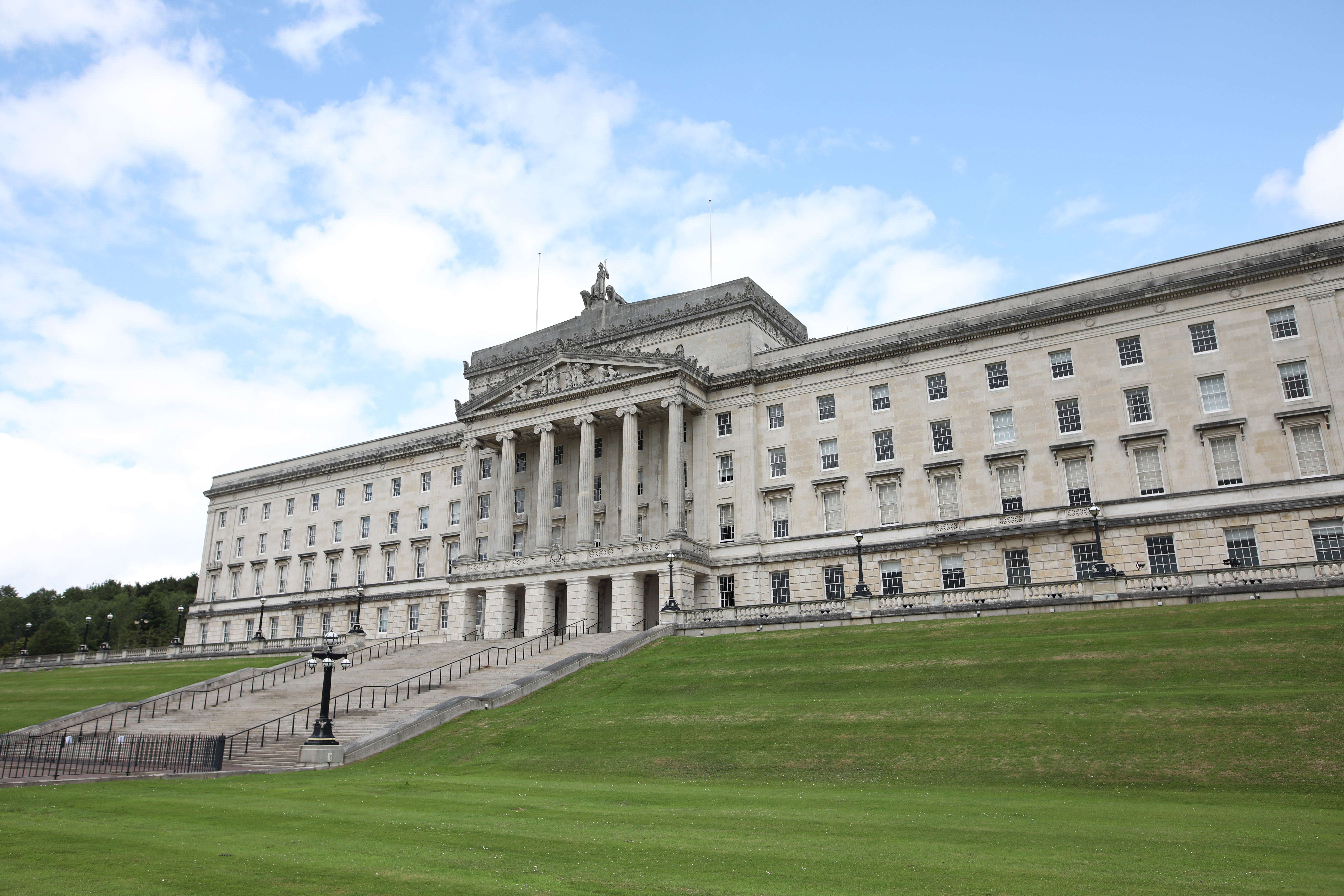Bill to create safe spaces around abortion clinics progresses
DUP MLAs and TUV leader Jim Allister voted against the Bill, arguing it could criminalise protesters.

Your support helps us to tell the story
From reproductive rights to climate change to Big Tech, The Independent is on the ground when the story is developing. Whether it's investigating the financials of Elon Musk's pro-Trump PAC or producing our latest documentary, 'The A Word', which shines a light on the American women fighting for reproductive rights, we know how important it is to parse out the facts from the messaging.
At such a critical moment in US history, we need reporters on the ground. Your donation allows us to keep sending journalists to speak to both sides of the story.
The Independent is trusted by Americans across the entire political spectrum. And unlike many other quality news outlets, we choose not to lock Americans out of our reporting and analysis with paywalls. We believe quality journalism should be available to everyone, paid for by those who can afford it.
Your support makes all the difference.A Bill to create safe spaces around abortion clinics in Northern Ireland has passed into the final stages of Stormont’s legislative process.
However DUP MLAs and TUV leader Jim Allister argued against the Bill, claiming it could criminalise protesters and is unnecessary with existing public order laws.
Green Party leader Clare Bailey brought the private members Bill, describing a “campaign of harassment and intimidation” by anti-abortion campaigners outside facilities.
Ms Bailey, who previously worked with a Marie Stopes clinic, told of some of her own experiences, saying she had been spat at, shouted at and had holy water thrown at her.
She told MLAs that officials working on her Bill had also received threats, and offered her support and thanks to those people for their work.
The Abortion Services (Safe Access Zones) Bill passed the consideration stage by 58 votes to 28 votes on Wednesday.
It is understood it is scheduled to reach the further consideration stage on March 14 and the final stage the week after, just before the Assembly is due to be dissolved for fresh elections.
Northern Ireland’s restrictive abortion laws were liberalised in 2019, but provision of services has yet to be fully rolled out across the region amid a political dispute over the issue.
During the debate Ms Bailey claimed some MLAs had used the debate to “rehash views on abortion rather than what is actually happening on our streets outside clinics and charities”.
“What is happening is the deliberate campaign of harassment and intimidation against women seeking to access services, for no other health service would this be tolerated, but because of views on abortion and reproductive health care we turn a blind eye to this,” she told MLAs.
“This Bill seeks to allow safe access to sexual and reproductive services.”
DUP MLA Deborah Erskine queried how enforceable the legislation will be.
Mr Allister said the Bill is a “huge assault on fundamental rights”.
He also “refuted absolutely the undercurrent of suggestion that to oppose this Bill is to embrace or to endorse the abuse or attacks against women”.
“To oppose this Bill is to say very clearly to this House existing law is such that violence against women, abuse of women, is provided for in legislation and that this Bill is a huge assault upon fundamental rights, namely the right of expression,” he said.
Mr Allister said the Bill could criminalise someone standing in silent protest.
“It is unjustifiable, it a step far too far in any legislation, to say that if you try and influence someone in the public sphere you are a criminal,” he said.